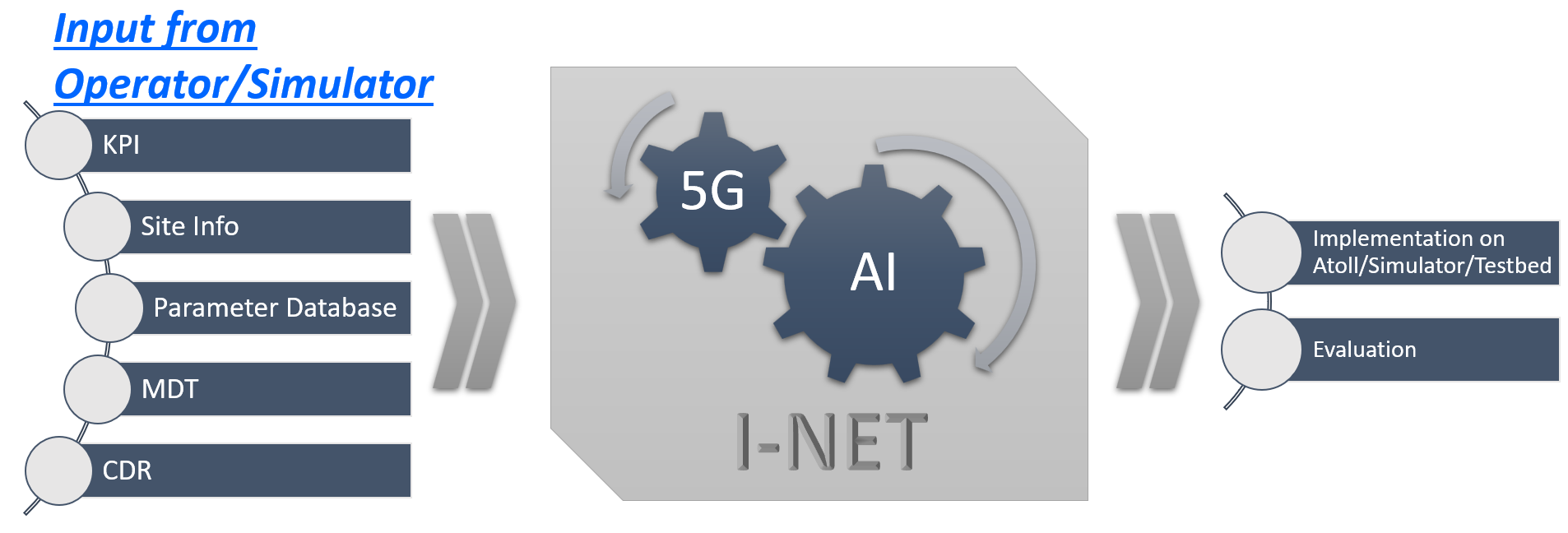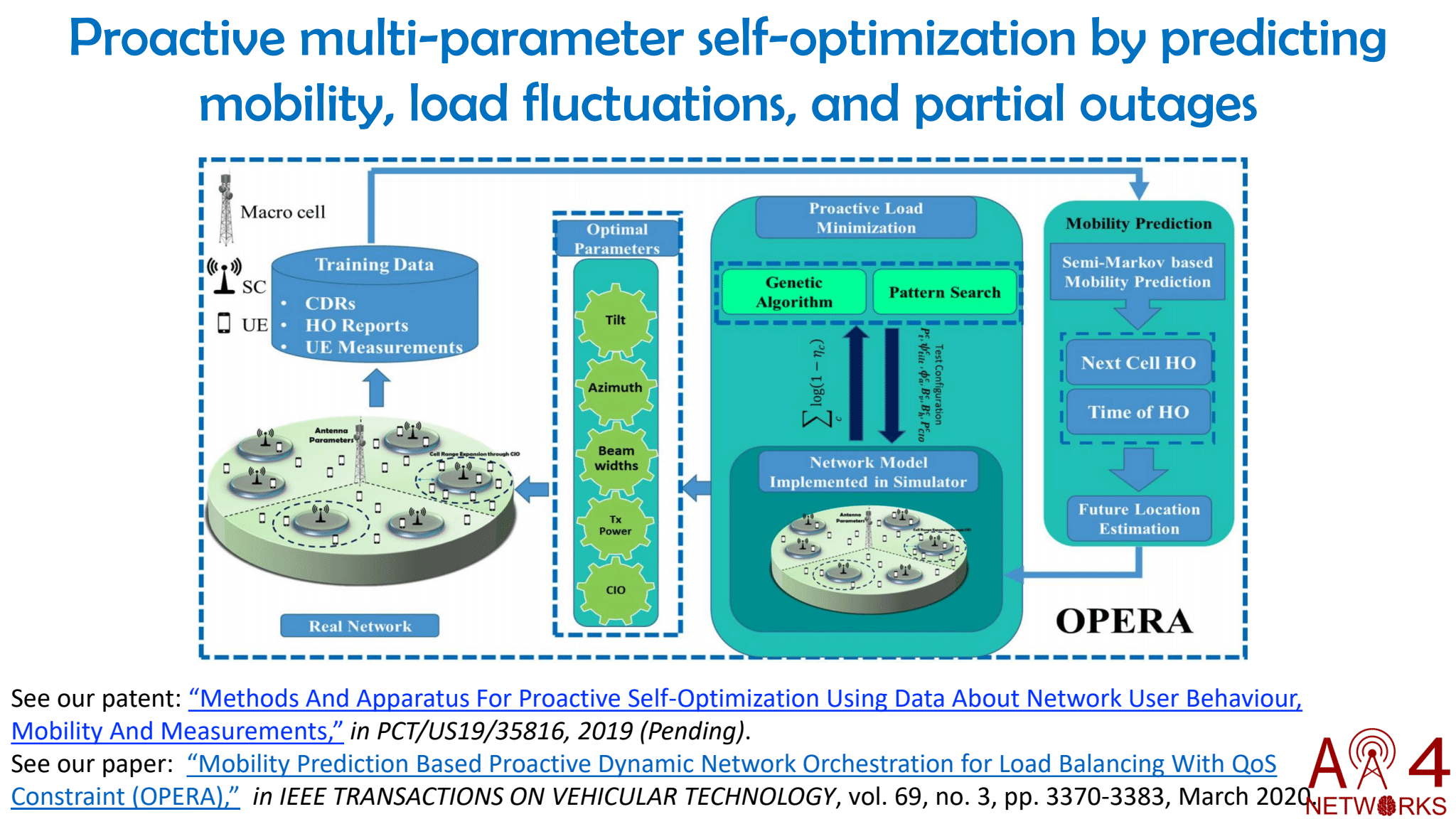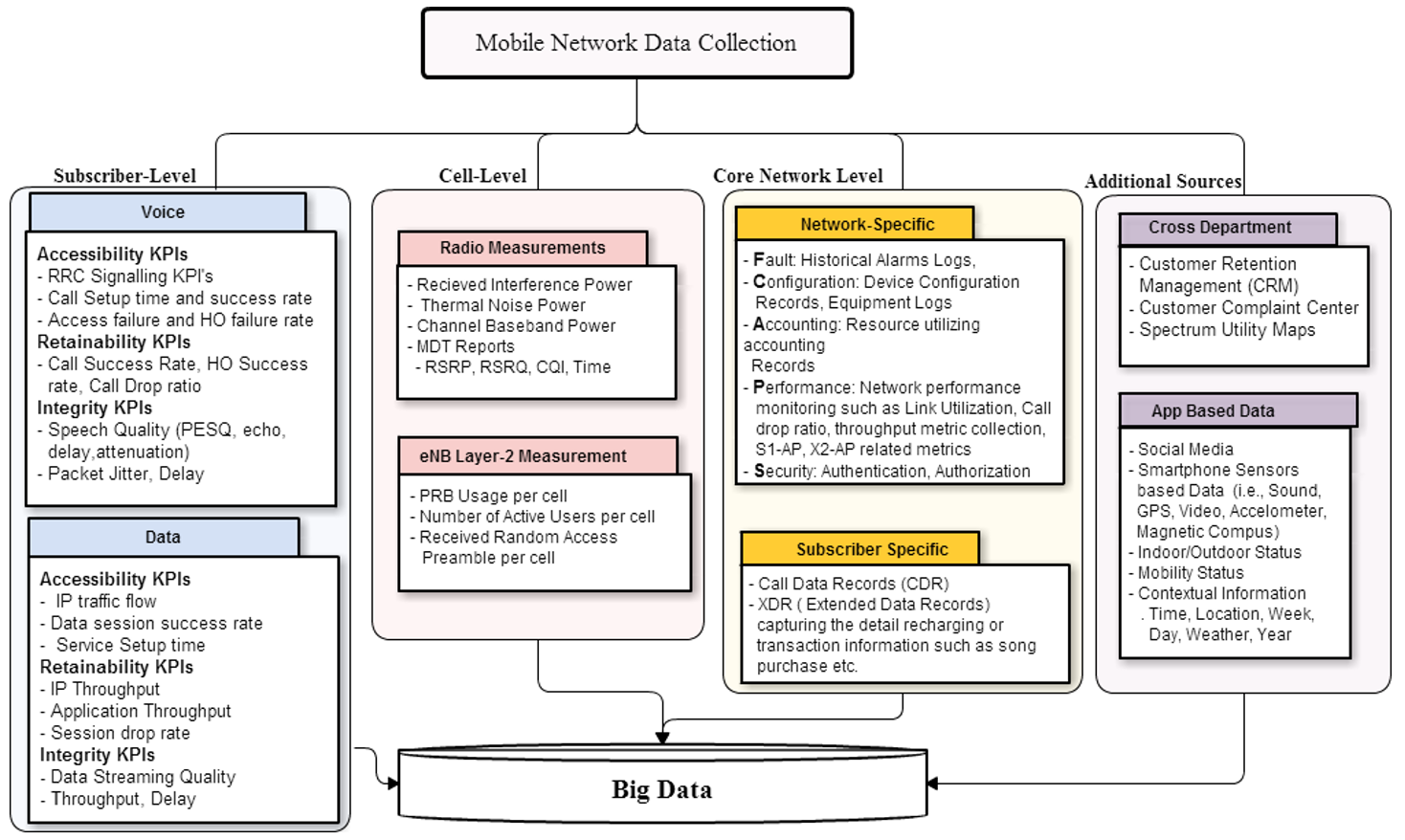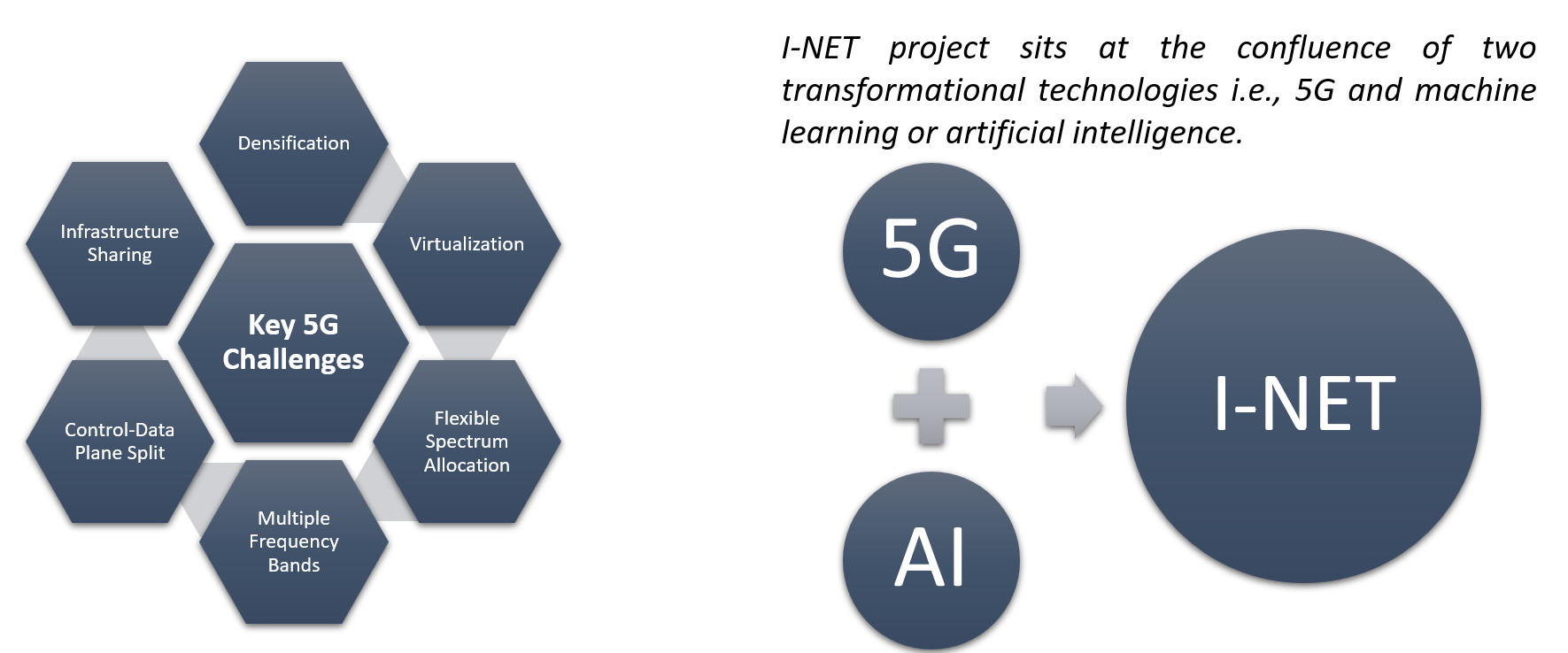Lite-AI: Learning from Sparse and Incomplete Data
Title: Lite-AI: Learning from Sparse and Incomplete Data
Funding: This project is sponsored by Ericsson Research, Silicon Valley, USA.
Start Date: July 1, 2020.
Project Description
Ericsson Research and the AI4Networks Research Center at the University of Oklahoma are collaborating to address the data scarcity/sparsity challenge in mobile networks for enabling AI based zero touch automation.
AI/ML based solutions are being perceived as inevitable to enable the much-needed automation of the increasingly complex, difficult and expensive to manage emerging mobile networks. Some common examples of AI/ML driven telco use cases include but not necessarily limited to: user mobility prediction, traffic (load) forecasting, modeling relationship between system level key performance indicators and network configuration parameters, anomaly detection, root cause analysis (diagnosis), network parameters optimization, ML modeling conventional optimization approaches etc. The telco domain use cases fueled by machine learning algorithms require large amounts of labeled real training data as presence of more data usually results in better and accurate models. Hence availability of pertinent rich telco domain data sets is pre-requisite for achieving impactful gains from AI/ML based solutions. However, unlike image or natural language processing datasets that required only collecting and the labeling readily available data, the creation of relevant telco domain data sets is a far more challenging task. The factors that make this task challenging include:
- Scarcity Challenge: Given that collection of real labeled data requires advanced domain (expert) knowledge and the operators cannot share this data openly for reasons that range from technical difficulty of identifying and extracting data trapped in silos to protecting user privacy and trade secrets, the telco labeled data is general scarce.
- Sparsity Challenge: Although the big data in telco network is known for its Volume, however it has generally far less distinct sample points. The main reason being that the operators only try a limited range of configuration parameters in live network and non-uniform data probing (user) distribution, the real data is expected to be sparse or unevenly distributed.
Due to above reasons, the real data in Telco domain remains too scarce and when available too sparse to unlock the full potential of AI for mobile network automation.
Project Goals
To investigate/identify promising approaches to tackle data scarcity/sparsity challenge in context of different use cases in mobile networks and develop solutions that have:
- Scalability to generate high dimensional data.
- Robustness to highly dynamic real environments.
- Capability to take conditional context of required network conditions into account.
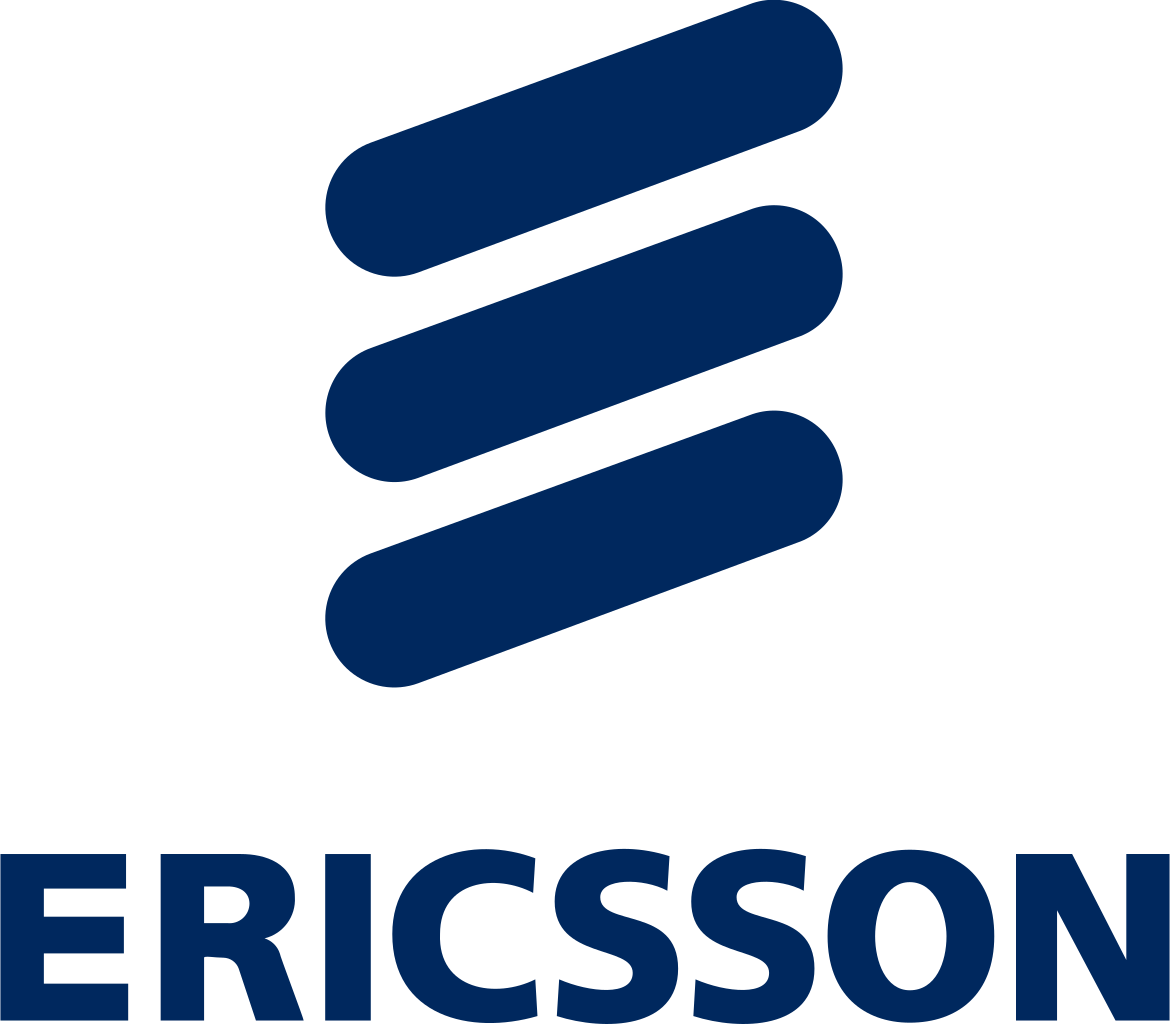
Active Members
PI: Dr. Adnan Abu-Dayya (Qatar University/QMIC)
PI: Dr. Ali Imran (University of Oklahoma)
Co-PI: Dr. Fethi Filali (QMIC, Qatar)
Research Scientist: Dr. Ali Rizwan (QMIC Qatar)
GRA: Asad Zaidi (Ph.D. student)
Industry Collaborators
3rd party SON vendor: AISON, LLC, USA

Integration of project outcomes into teaching
The project outcomes are being adapted into following course being taught by PI.
- "Emerging Topics in 5G and Beyond" Offered in Sring 2018, 2019 and 2020.
Tutorials
- Ali Imran, Moving Towards Zero-Touch Automation, A Key Enabler for 6G: Addressing the Training Data Sparsity/Scarcity Challenge a half day tutorial at IEEE BlackSeaCom 2020, May 26-29, 2020.
- Ali Imran, Muhammad Ali Imran, Moving Towards Zero-Touch Automation, A Key Enabler for 6G: The Challenges & Opportunities a half day tutorial at IEEE Wireless Communications and Networking Conference, May 25-28, 2020.
Keynotes/Invited Talks
- Ali Imran "Leveraging AI for Zero-Touch Automation in 6G: How to Address the Training Data Sparsity/Scarcity Challenge?" keynote at IEEE 2nd International workshop on Data Driven Intelligence for Networks and Systems workshop at Infocom 2020, July 6-9, Toronto, Canada.
- Ali Imran "Towards Zero Touch Automation in Emerging Wireless Networks", keynote at 13th IEEE International Conference on Open Source System and Technologies 17-19 Dec, 2019.
- Ali Imran "Addressing the Hyper Parameterization Challenge in AI for Wireless Networks", panel talk at, IEEE Globecom, Dec, 9-13-2019
- Ali Imran "AI enabled Zero Touch automation for 5G and beyond" invited talk, 5G NA, Silicon Valley, Nov 13-14, 2019.
International Collaboration Opportunities
- Project student has interned in the following company:
- New T-Mobile (Formerly known as Sprint), CT, USA in Spring, 2020.
Conference Attendance by Students
- Project students have attended and presented their work at following conferences
- Provide this info.
Confirm following slides and suggest More
-
Journal Articles
- H. N. Qureshi, A. Imran and A. Abu-Dayya, "Enhanced MDT-based Performance Estimation for AI Driven Optimization in Future Cellular Networks," IEEE Access, September 2020, doi: 10.1109/ACCESS.2020.3021030.
- S. M. A. Zaidi, M. Manalastas, H. Farooq, and A. Imran, "Mobility Management in Emerging Ultra-Dense Cellular Networks: A Survey, Outlook, and Future Research Directions," IEEE Access, vol. 8, pp. 183505-183533, August 2020, doi: 10.1109/ACCESS.2020.3027258.
- U. S. Hashmi, S. A. R. Zaidi, A. Imran, and A. Abu-Dayya, "Enhancing Downlink QoS and Energy Efficiency through a User-Centric Stienen Cell Architecture for mmWave Networks," IEEE Transactions on Green Communications and Networking, vol. 4, no. 2, pp. 387-403, June 2020, doi: 10.1109/TGCN.2020.2967888.
- H. Farooq, A. Asghar, and A. Imran, "Mobility Prediction Based Proactive Dynamic Network Orchestration for Load Balancing With QoS Constraint (OPERA)," IEEE TRANSACTIONS ON VEHICULAR TECHNOLOGY, vol. 69, no. 3, pp. 3370-3383, March 2020, doi: 10.1109/TVT.2020.2966725.
- O. Onireti, L. Zhang, A. Imran, and M. A. Imran , "Outage Probability in the Uplink of Multitier Millimeter Wave Cellular Networks," IEEE SYSTEMS JOURNAL, January 2020, doi: 10.1109/JSYST.2020.2965001.
-
Theses
- Realistic Modeling and Evaluation of Handover Events in a Multi-Carrier Cellular Network as a Preliminary Step Towards COP-KPI Relationship Realization (Marvin Manalastas Masters Thesis)
